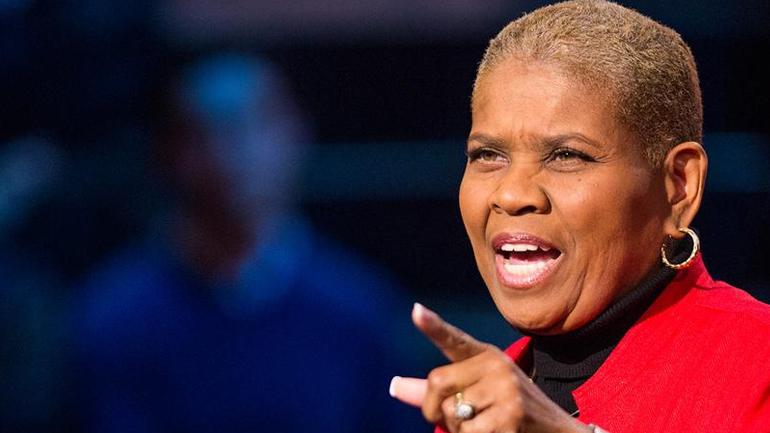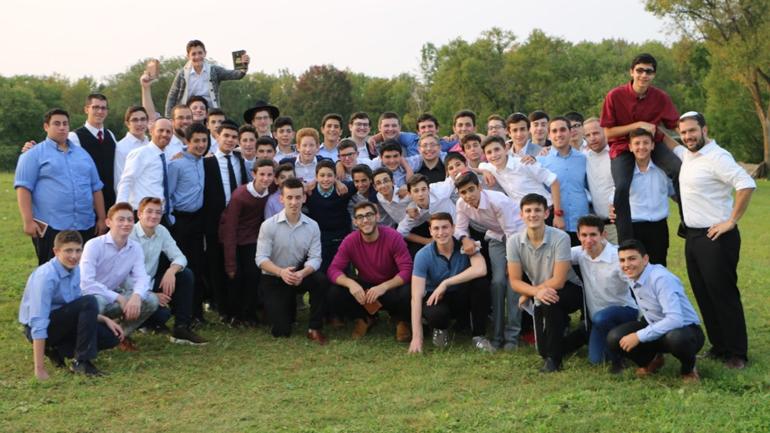 Mr. Jonathan Parker
Mr. Jonathan Parker
Grade Coordinator, Yeshivat Or Chaim
In his opening address of the 2018 Azrieli HUB conference, Rabbi J.J. Schacter discussed the age-old discord between obligations and rights. He asserted that Judaism is a religion primarily composed of obligations, and pointed out that the word commonly mistranslated as “good deed” – mitzva – actually means “command”. On the other hand, we live in a society very concerned with the rights of individuals and groups. Rabbi Schacter questioned why every Apple product has an “I” in its name, and posited that it is a reflection of our obsession with rights and personal freedoms over societal obligations. He explained that the friction between obligations and rights has even moved from society at large to the classroom itself. Imagine this all-too common scenario: a student uses his cell-phone during class, so the teacher moves to confiscate it for the rest of the period. The student refuses to submit his device, escalating the conflict, because he believes his right to personal property supersedes his obligation to submit to the teacher’s authority and school policy. Teachers and parents see this same friction play out again and again, multiple times each day.

How can we mediate this conflict? If part of our mission as a school is to inculcate Jewish values and respect for authority, we need to resolve this difference. In her wildly popular TED Talk, Rita Pierson explains that every student needs a champion. Using a wide array of anecdotal evidence, Pierson asks:
“how powerful would our world be if we had kids who were not afraid to take risks, who were not afraid to think, and who had a champion? Every kid deserves a champion, an adult who will never give up on them, who understands the power of connection, and insists they become the best they can possibly be.”
Pierson argues something that many of us know intuitively – that relationships are massively powerful tools – and that when we respect someone, and know she is looking out for us, we will work harder and better for her. Relationships are the basis for success or failure in ventures throughout our lives, from the classroom to the boardroom. Since I began at Bnei Akiva Schools this year I have had formal conversations with heads of schools, principals, and deans at many other all-boys schools and they all echo this sentiment in one way or another – the key to classrooms isn’t subject-matter or law, it is relationships. The content and the compliance will grow from this fertile foundation.

Dr. David Pelcovitz concretizes this idea in his 2004 paper “The At-Risk Adolescent in the Orthodox Jewish Community: Implications and Interventions for Educators”. After detailing a range of behaviors similar to those discussed by Rabbi Schacter, he states that “a sense of living in a caring community where the child is valued and respected as a contributing member”, mentorship opportunities, and “a balance between love and limits” are all integral elements of helping a student engaged in self-centered, self-destructive behavior to see the error of his ways and come to live a more purposeful, respectful life. The common element of Dr. Pelcovitz’ findings is the same as those noted by Rita Pierson, that positive, sustained relationships between teachers and students can be the key to a student understanding his obligations to the community as more important than his perceived rights as an individual.
At Bnei Akiva Schools the promotion of positive relationships is central to the school’s ethos. A few examples:
-
Small class sizes that encourage interpersonal interaction
-
All administrators also teach classes, meaning that there is no removed, impersonal authority
-
The Rebbe program at Or Chaim and the Religious Guidance Counselors at Ulpanat Orot, which give each student a personal religious mentor within the school
-
The Advisor program pairs each incoming student with a faculty member who will guide the student through course selection, academic programming, work-life balance and a host of other common academic trouble-spots over the student’s four-year career
-
School-wide, grade-wide, and class-wide Shabbatonim to build close-knit communities within the broader school-community.
-
Guidance and Student Services departments that work with students with exceptionalities to hone their self-advocacy and sharpen their ability to succeed in school.

All of these structures are in addition to the careful selection of teachers who understand that personal interactions are at the core of education, and who promote the values of our mission-driven institution. Bnei Akiva Schools lives the ideology of relationship-centered education, living up to her motto of “so much more than a school”.
Rabbi J.J. Schacter closed his address by recalling the famous story of G-d demanding obedience from the Jewish people by holding Har Sinai above their heads until they accepted the Torah (Masechet Shabbat 88a). Rabbi Schacter asked, “what if this wasn’t an act of coercion, of authoritative command? What if it was G-d recognizing that ‘wow, it is hot in the desert. How can I expect the Jews to make this important decision in this heat? I’m going to give them some shade.’” In this retelling of the story, it is because of the care, because of the relationship, that the Jewish people accept their obligations to G-d. The principle of na’aseh v’nishmah is possible only because we trust G-d and know that G-d is personally invested in our success; this is a model that Bnei Akiva Schools recognizes and rises to achieve.

